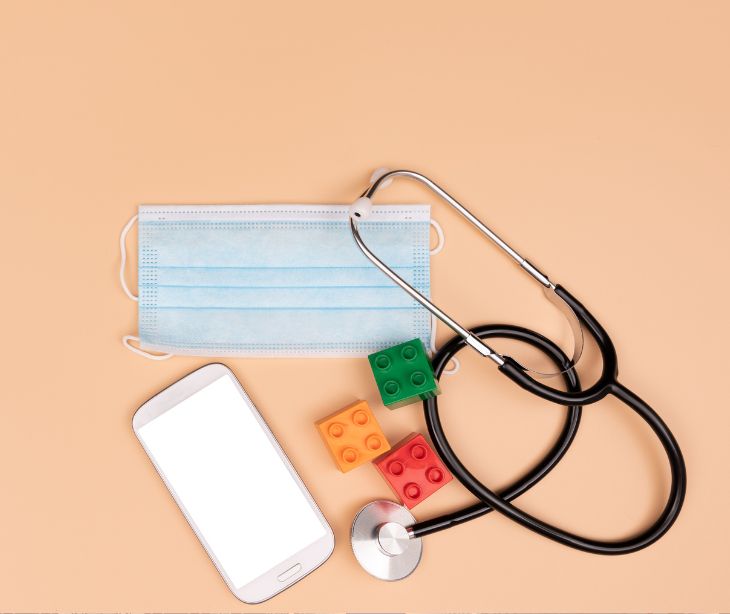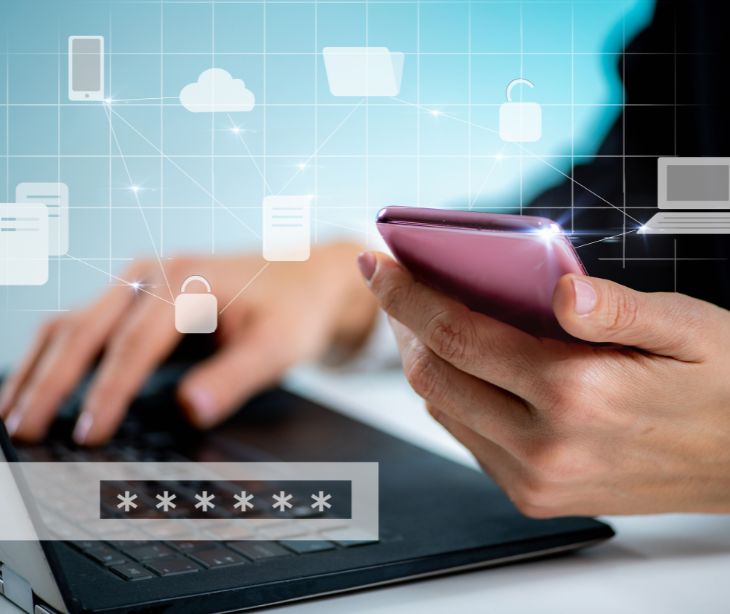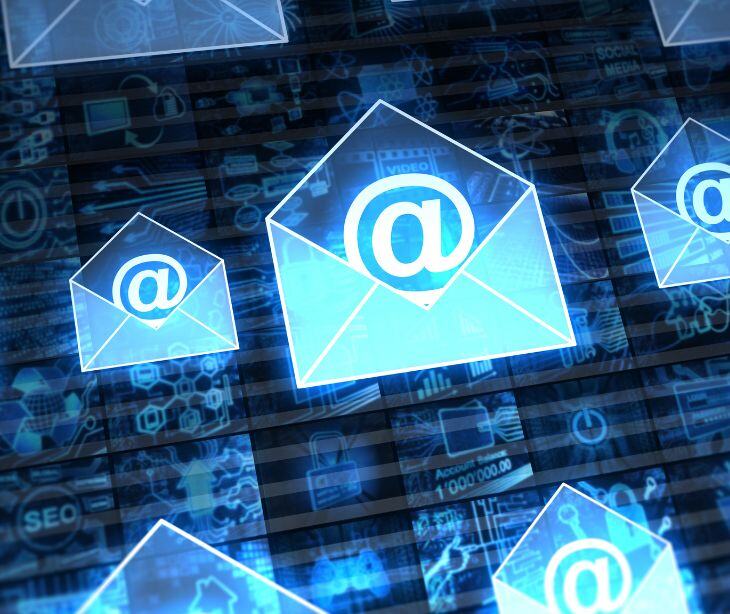
Geriatric healthcare involves the care and treatment of elderly individuals with complex medical histories and multiple health conditions. Effective communication between healthcare providers, caregivers, and patients is advantageous in achieving optimal healthcare outcomes.
According to a study on the Impact of Health Literacy on Senior Citizen Engagement in Health Care IT Usage, “Tailoring information to a patient’s condition not only personalizes and improves communication but also allows the patient to see the value of the numbers in relation to his or her own health status. Graphs of blood pressure levels over several visits for hypertensive patients can be considered a “motivator” by some of the patients to continue following therapeutic regimens. Patients like the flexibility of reporting blood pressure measurements when it is convenient to their schedule and based on their availability and need. Providers are encouraged to take time to tell patients the action steps that are needed and use multiple forms of communication to improve understanding and enhance health literacy.”
However traditional methods of communication, such as phone calls and paper-based documentation, are not always efficient or secure. Secure communication channels, such as HIPAA compliant email, ensure confidentiality while exchanging sensitive information. Email has become an integral part of communication in healthcare, enabling quick and efficient transfer of patient information.
Challenges faced in geriatric healthcare engagement
A study on Older adults and mobile technology, found that there was potential for emails in overcoming existing barriers to treatment, offering frontline assessment, and improving access to services for older adults. However, engaging geriatric patients in their healthcare poses unique challenges. Older individuals often struggle with accessing and using digital platforms due to age-related physical and cognitive changes. Unlike younger counterparts, they rely on technology to complement rather than replace face-to-face interactions with healthcare providers, showing the need for a supportive learning environment.
Furthermore, privacy concerns and reservations about sharing personal health information online add to the complexity. Healthcare providers also face constraints in time and resources, hindering effective engagement with geriatric patients. Traditional communication methods, like in-person visits or phone calls, may not always be feasible or efficient, especially for those with mobility or cognitive limitations.
Given these challenges, integrating emails into healthcare communication is a potential solution. By using emails, providers can offer more accessible care for older individuals, bridging the gap in traditional communication methods. Despite the hurdles, incorporating technology into geriatric healthcare holds promise for addressing behavioral health concerns and enhancing overall patient outcomes.
Read also: Accessibility and readability best practices for healthcare emails
Benefits of using email in geriatric healthcare
Using HIPAA compliant email in geriatric healthcare offers several benefits. Let's look at how this secure communication tool improves patient care for elderly individuals.
Security and confidentiality
HIPAA compliant email ensures the security and confidentiality of patient information, reducing the risk of data breaches and unauthorized access. This fosters trust in geriatric patients, encouraging active participation in their healthcare.
Convenient and efficient communication
HIPAA compliant email provides a convenient and efficient means of communication. Healthcare providers can share test results, treatment plans, and medication information with geriatric patients and their caregivers in a timely manner. This streamlined communication enhances coordination and improves healthcare outcomes.
Enhanced Accessibility
Emails greatly enhance healthcare accessibility for elderly patients through:
- Convenient scheduling: Patients manage appointments, receive reminders, and make changes easily, reducing missed appointments and streamlining operations.
- Timely reminders: Email reminders for medication schedules, screenings, and appointments keep patients on track and improve clinic efficiency.
- Health information access: Tailored resources empower patients to make informed decisions and manage their health effectively.
- Remote consultations: Patients can communicate with healthcare professionals without physical visits, promoting convenience and timely intervention.
- Enhanced communication: Emails foster patient-provider communication, making sure patients feel heard and supported throughout their healthcare journey.
Read more: Enhancing elderly healthcare with HIPAA compliant emails
Our solution: Paubox
Paubox is the easiest way to send and receive HIPAA compliant emails. No plugins, no passwords, no extra steps. Just secure HIPAA compliant email for senders and recipients.
Authentication and access control mechanisms provided by Paubox further bolster security measures, ensuring that only authorized individuals have access to patient data. With Paubox, practitioners can confidently traverse the complexities of healthcare, knowing that patient privacy and data security are prioritized at every step.
Learn more: HIPAA Compliant Email: The Definitive Guide
FAQs
Does HIPAA apply to sending healthcare-related emails to geriatric patients?
Yes, HIPAA (Health Insurance Portability and Accountability Act) applies to transmitting any protected health information (PHI), including through email communications with geriatric patients.
Do I need consent to send HIPAA compliant emails to geriatric patients?
Yes, obtaining consent from geriatric patients is necessary for sending HIPAA compliant emails. Patient consent is needed to ensure compliance with HIPAA regulations and to protect the privacy and security of their health information.
What can I use to ensure HIPAA compliant email communication with geriatric patients?
To ensure HIPAA compliant email communication with geriatric patients, healthcare organizations can use secure email encryption, implement strict access controls, conduct regular staff training on privacy and security protocols, and use HIPAA-compliant email platforms that offer strong safeguards for protecting PHI.
Read also: Top HIPAA compliant email services
Subscribe to Paubox Weekly
Every Friday we bring you the most important news from Paubox. Our aim is to make you smarter, faster.




